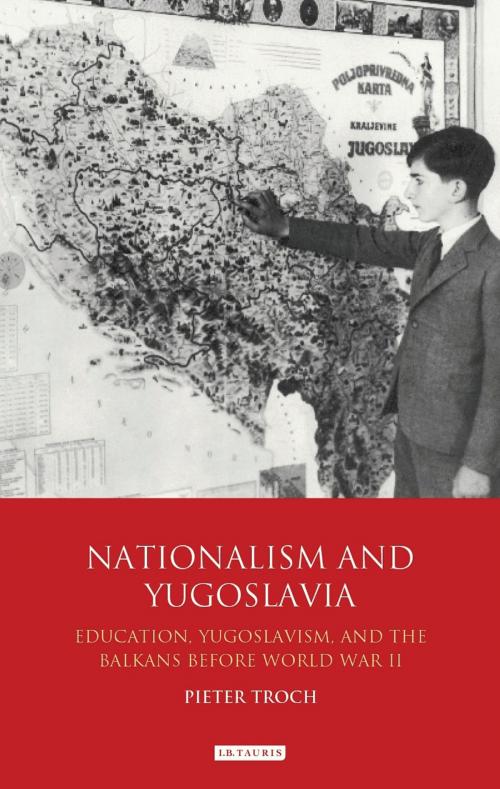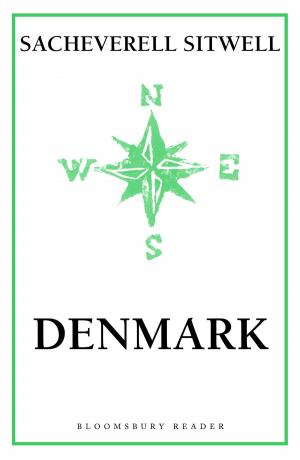Nationalism and Yugoslavia
Education, Yugoslavism and the Balkans before World War II
Nonfiction, Social & Cultural Studies, Political Science, Social Science, History| Author: | Pieter Troch | ISBN: | 9780857737687 |
| Publisher: | Bloomsbury Publishing | Publication: | August 18, 2015 |
| Imprint: | I.B. Tauris | Language: | English |
| Author: | Pieter Troch |
| ISBN: | 9780857737687 |
| Publisher: | Bloomsbury Publishing |
| Publication: | August 18, 2015 |
| Imprint: | I.B. Tauris |
| Language: | English |
Created by the Treaty of Versailles in 1919, 'Yugoslavia' was a combination of ethnically and linguistically diverse peoples - Slovenes, Croats and Serbs but also Bosnians, Kosovans, Macedonians, Muslims and Montenegrins. The Great Powers believed that a coherent identity could be formed in which all the differing people of the state could identify with a single Balkan Yugoslavian identity. Pieter Troch draws on previously unpublished sources to show how the early use of education in the state initially allowed for a flexible nationhood, and how that system was slowly replaced with a more domineering 'top-down' nationalism during the reign of King Alexander I – who banned political parties and coded a strongly Serbian-flavoured national identity. As Yugoslavia became increasingly split between 'pro-nation' Serbian identity, and 'anti-nation' non-Serbian identity, the seeds were sown for the failure of the Yugoslav idea. Nationalism and Yugoslavia provides a valuable new insight into the complexities of pre-war Yugoslavia.
Created by the Treaty of Versailles in 1919, 'Yugoslavia' was a combination of ethnically and linguistically diverse peoples - Slovenes, Croats and Serbs but also Bosnians, Kosovans, Macedonians, Muslims and Montenegrins. The Great Powers believed that a coherent identity could be formed in which all the differing people of the state could identify with a single Balkan Yugoslavian identity. Pieter Troch draws on previously unpublished sources to show how the early use of education in the state initially allowed for a flexible nationhood, and how that system was slowly replaced with a more domineering 'top-down' nationalism during the reign of King Alexander I – who banned political parties and coded a strongly Serbian-flavoured national identity. As Yugoslavia became increasingly split between 'pro-nation' Serbian identity, and 'anti-nation' non-Serbian identity, the seeds were sown for the failure of the Yugoslav idea. Nationalism and Yugoslavia provides a valuable new insight into the complexities of pre-war Yugoslavia.















